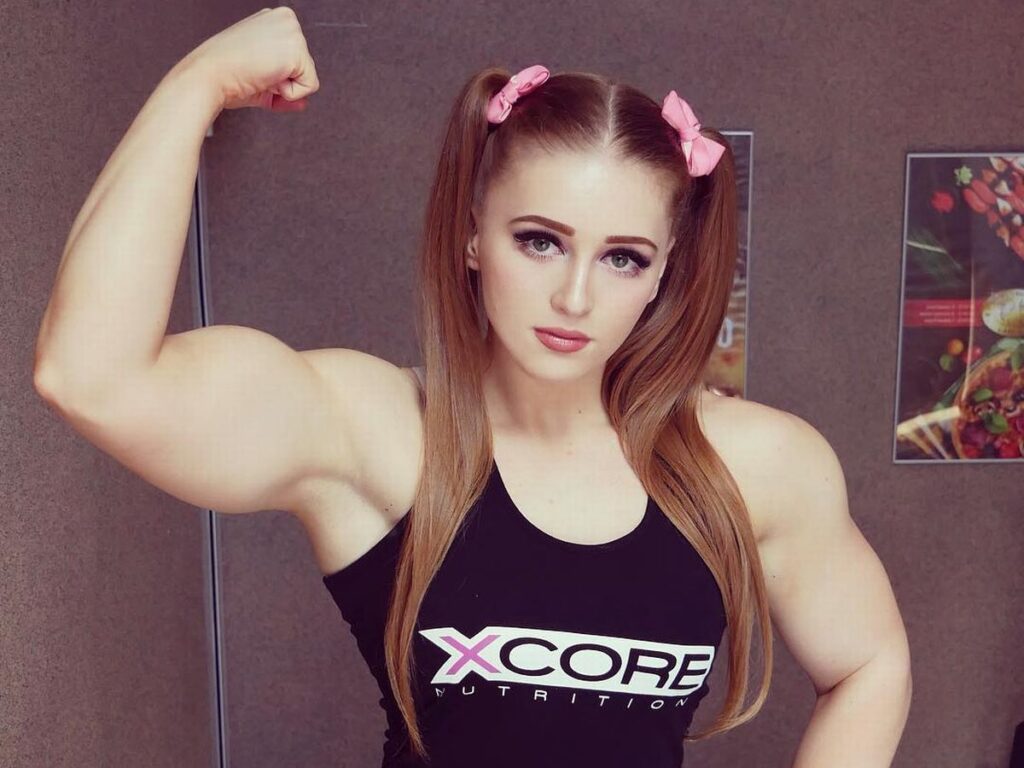The ketogenic diet, commonly known as the keto diet, has gained popularity for its ability to promote weight loss and improve overall health. However, it is often overlooked as a strategy to build muscle mass. In this article, we will explore the potential benefits and drawbacks of adopting a keto diet for muscle gain. We will delve into five important points, address frequently asked questions, highlight the pros and cons, and provide a final verdict on whether the keto diet is suitable for muscle building.

Points to remember:
- Understanding the Keto Diet: The keto diet is a high-fat, moderate-protein, and low-carbohydrate eating plan that forces the body into a state of ketosis. In this metabolic state, the body primarily uses fat for fuel instead of carbohydrates. By severely limiting carb intake, the body depletes its glycogen stores and turns to fat as its primary energy source.
- Protein Intake and Muscle Synthesis: Protein is crucial for muscle growth and repair. While the keto diet emphasizes higher fat intake, it is still essential to consume adequate protein to support muscle synthesis. Balancing protein intake becomes crucial to avoid muscle loss while on a low-carb diet.
- Timing Carbohydrates: Although carbohydrates are limited on a keto diet, strategically timing their consumption around workouts can be beneficial. Consuming carbs before or after exercise helps replenish glycogen stores and provides the necessary energy for intense workouts, ultimately supporting muscle growth.
- Fat Adaptation and Performance: Adopting a keto diet for muscle gain requires an adjustment period as the body becomes fat-adapted. During this phase, energy levels may temporarily decrease, affecting exercise performance. However, once the adaptation process is complete, many individuals report improved endurance and stable energy levels during workouts.
- Supplementation and Nutrient Deficiencies: Keto diets can be lacking in certain essential nutrients, such as fiber, certain vitamins, and minerals. It is important to compensate for potential deficiencies by incorporating nutrient-dense foods or considering appropriate supplementation to support overall health and muscle growth.

FAQ’s
Can I build muscle on a keto diet?
Yes, it is possible to build muscle on a keto diet. Adequate protein intake and strategic carb timing, along with resistance training, are key factors in promoting muscle growth.
How does a keto diet affect exercise performance?
Initially, exercise performance may decline as the body adapts to using fat as fuel. However, many individuals report improved performance and endurance once they become fat-adapted.
Should I track my macronutrient intake on a keto diet for muscle gain?
Tracking macronutrient intake, especially protein, is crucial to ensure you are consuming enough to support muscle growth while maintaining ketosis. Tracking can help you optimize your nutrition and reach your muscle-building goals.
Are there any potential side effects of a keto diet for muscle gain?
Some common side effects include the “keto flu” during the adaptation phase, potential nutrient deficiencies, and gastrointestinal issues. It is important to stay hydrated, consume enough electrolytes, and consult a healthcare professional if you experience any adverse effects.
Can I combine the keto diet with other muscle-building strategies?
Yes, the keto diet can be combined with other muscle-building strategies such as resistance training, adequate rest, and supplementation. Customizing your approach to fit your specific needs and goals is recommended.

Pro’s
- Enhanced Fat Burning: The keto diet promotes fat burning, which can help reduce body fat and increase muscle definition.
- Stable Blood Sugar Levels: The low-carb nature of the keto diet helps stabilize blood sugar levels, reducing insulin spikes and potential fat storage.
- Reduced In flammation: The keto diet has been linked to reduced inflammation levels, which can aid in muscle recovery and growth.
- Improved Insulin Sensitivity: By limiting carbohydrate intake, the keto diet can improve insulin sensitivity, enhancing the body’s ability to utilize nutrients for muscle growth.
- Increased Satiety: High-fat and moderate-protein meals on the keto diet can promote feelings of fullness, reducing the likelihood of overeating and aiding in weight management.

Con’s
- Potential Muscle Loss: Severely restricting carbohydrates may lead to muscle breakdown, especially if protein intake is not adequately managed.
- Initial Adaptation Period: The adaptation phase to become fat-adapted on a keto diet can be challenging, with decreased energy levels and performance during workouts.
- Limited Food Choices: The restrictive nature of the keto diet may make it challenging to meet nutritional needs, potentially resulting in nutrient deficiencies.
- Difficulty in Social Settings: Following a keto diet can be socially challenging, as many social gatherings and restaurants may not cater to its specific requirements.
- Individual Variations: The effectiveness of the keto diet for muscle gain can vary among individuals. Factors such as genetics, training intensity, and overall diet quality can impact results.

Final Verdict:
The keto diet can be a viable approach for muscle gain, but it requires careful planning and individualization. Balancing protein intake, strategic carbohydrate timing, and nutrient supplementation are crucial for success. It may not be suitable for everyone, especially those who struggle with the initial adaptation phase or prefer a more flexible eating plan. Consulting with a healthcare professional or registered dietitian can provide personalized guidance based on individual goals and needs. Remember, there is no one-size-fits-all approach, and finding the right balance is key to achieving sustainable muscle growth while following a keto diet.
The Science Behind Keto Diet and Muscle Growth: What You Need to Know












No Comment! Be the first one.